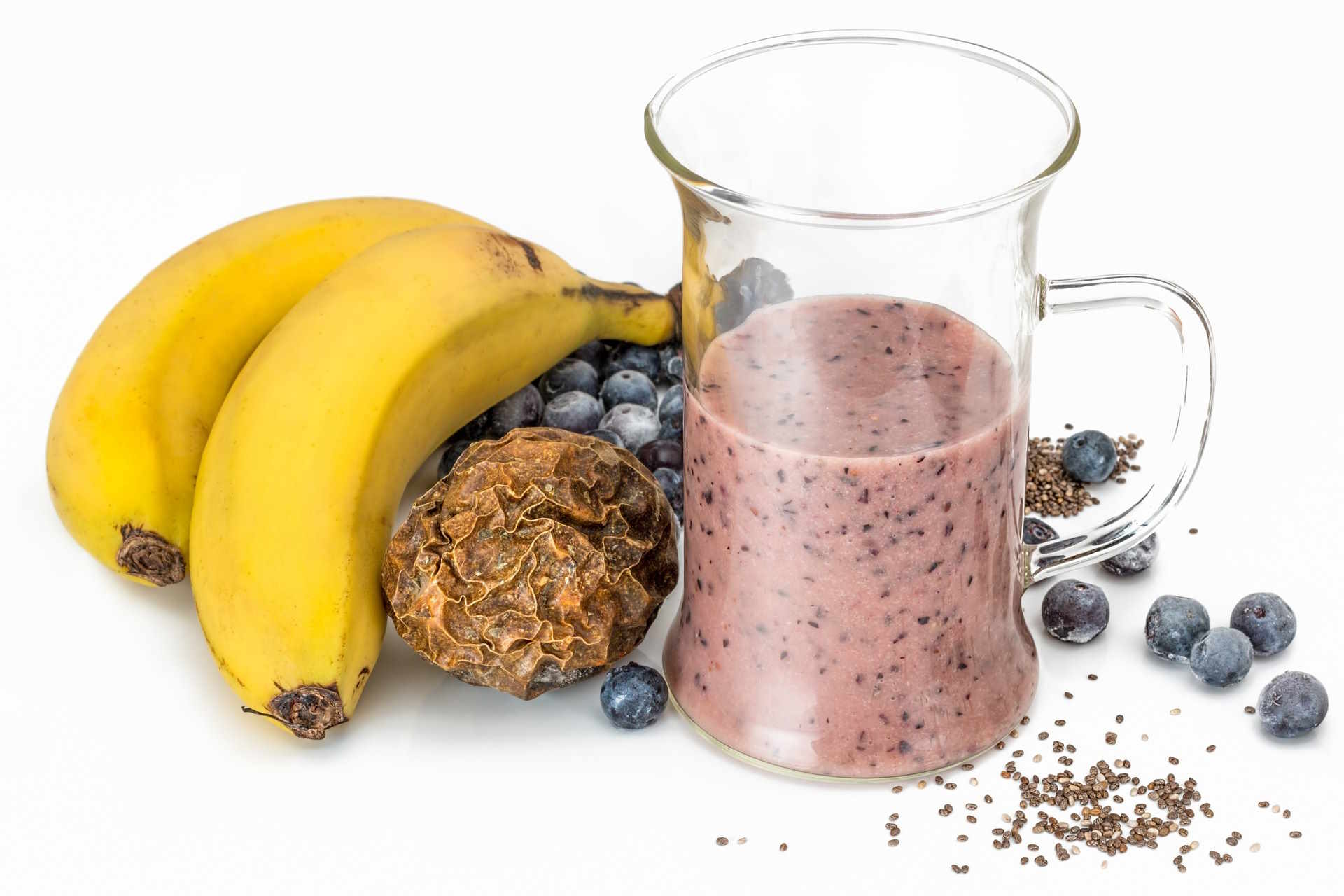The Science of Sports Nutrition: Fueling Performance and Recovery
Athletes rely on proper nutrition to fuel their performance, support recovery, and optimize their overall health. This article explores the science of sports nutrition, offering insights into the role of macronutrients, hydration, and supplementation in enhancing athletic performance and well-being. Discover how to fuel your body like a pro athlete and achieve peak performance in your chosen sport.

Understanding Macronutrients
Macronutrients, including carbohydrates, proteins, and fats, are essential for providing energy, building muscle, and supporting various physiological functions in the body. Carbohydrates serve as the primary fuel source for high-intensity exercise, while proteins play a crucial role in muscle repair and recovery. Healthy fats provide sustained energy and support hormone production and cell membrane function. Balancing macronutrient intake based on individual energy needs and training goals is key to optimizing performance and recovery.
Hydration for Peak Performance
Proper hydration is essential for maintaining optimal performance, regulating body temperature, and preventing dehydration during exercise. Athletes should aim to stay adequately hydrated by drinking fluids before, during, and after workouts, especially in hot and humid conditions. Water is the best choice for hydration, but sports drinks containing electrolytes can be beneficial for replenishing fluids and electrolytes lost through sweat during intense exercise. Monitoring urine color and body weight changes can help athletes gauge their hydration status and adjust fluid intake accordingly.
Pre- and Post-Workout Nutrition
Pre- and post-workout nutrition plays a crucial role in preparing the body for exercise, fueling performance, and supporting recovery. Before a workout, athletes should consume a balanced meal or snack containing carbohydrates and a small amount of protein to provide energy and maintain blood sugar levels. After exercise, athletes should refuel with a combination of carbohydrates and protein to replenish glycogen stores, repair muscle damage, and promote recovery. Consuming a snack or meal within the first 30 minutes to two hours post-exercise is recommended to maximize recovery and adaptation.
Supplementation Strategies
While a well-balanced diet should provide most of the nutrients needed for optimal performance, some athletes may benefit from targeted supplementation to address specific deficiencies or enhance performance. Common supplements used by athletes include creatine, beta-alanine, caffeine, and branched-chain amino acids (BCAAs), which have been shown to improve strength, endurance, and recovery in certain circumstances. However, athletes should exercise caution when using supplements and consult with a qualified healthcare professional or sports dietitian to ensure safety and efficacy.
Individualized Nutrition Plans
Nutrition needs vary greatly depending on factors such as age, gender, body composition, training volume, and sport-specific demands. Athletes should work with a registered dietitian or sports nutritionist to develop personalized nutrition plans tailored to their individual goals and dietary preferences. A comprehensive assessment of dietary intake, training schedule, and performance metrics can help identify areas for improvement and optimize nutrient timing, portion sizes, and food choices to support optimal performance and overall health.
Conclusion
Sports nutrition plays a critical role in maximizing athletic performance, supporting recovery, and promoting overall health and well-being. By understanding the principles of macronutrients, hydration, pre- and post-workout nutrition, supplementation, and individualized nutrition planning, athletes can fuel their bodies effectively and achieve peak performance in their chosen sport. Whether you’re a professional athlete or a weekend warrior, prioritizing proper nutrition can make a significant difference in your athletic success and longevity in the sport. Read below to unlock the secrets of sports nutrition and take your performance to the next level.




